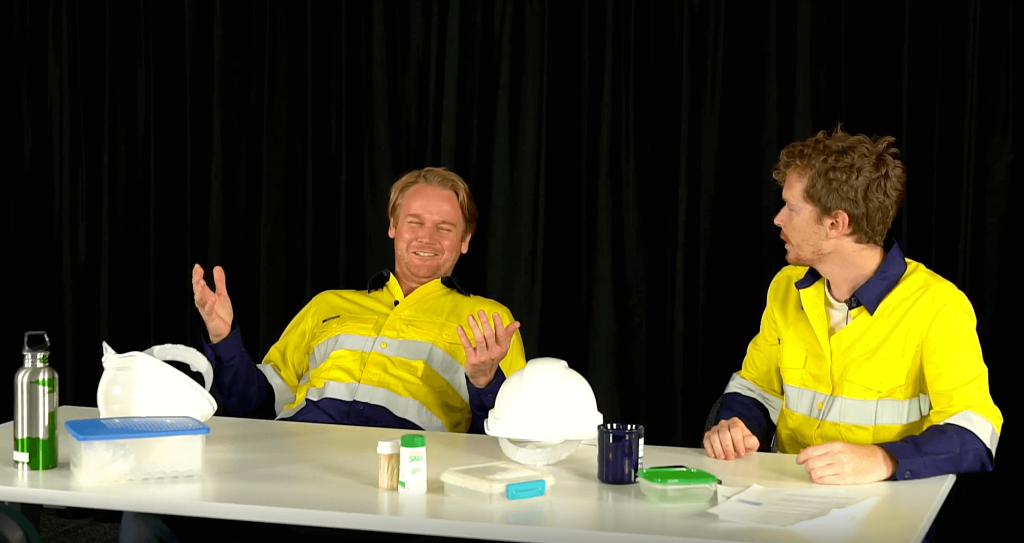Depression is more common than many people realise. It’s not just about feeling sad after a bad day — it’s a persistent condition that can make everyday tasks feel overwhelming and life feel unmanageable.
At Mind Blank, we recognise the profound impact depression can have on individuals and communities. It’s our mission to educate and empower people to address this challenge head-on.
This blog explores what depression is, the signs to look out for, and how we can support those struggling with it.
What is depression?
Depression isn’t just a passing mood; it’s a serious mental health condition that affects how you feel, think, and handle daily activities. It can alter your perception of yourself, your relationships, and the world around you.
While everyone experiences sadness or low moments, depression is more intense and lasts longer. It can feel like a heavy weight that doesn’t lift, making even the simplest tasks feel impossible. Without proper care and attention, depression can worsen, leading to a significant decline in overall wellbeing.
Recognising the signs of depression
Depression manifests differently for everyone, but here are some common signs:
- Loss of Interest: You may lose interest in activities you once enjoyed, finding no pleasure in them anymore.
- Sleep Problems and Fatigue: Constant exhaustion and trouble sleeping or oversleeping are common.
- Appetite or Weight Changes: Significant changes in appetite or weight, either up or down.
- Difficulty Concentrating: Depression can make it hard to focus, make decisions, or remember things.
- Physical Aches and Pains: Unexplained aches, such as headaches or back pain.
- Thoughts of Death or Suicide: One of the most severe symptoms of depression is frequent thoughts about death or suicide, which need immediate attention.
It’s important to remember that not everyone will experience all these symptoms, and some might even hide their struggles, appearing fine on the outside while suffering internally.
Depression in the workplace
As a manager, knowing how to support employees who may be experiencing depression is crucial for fostering a healthy work environment. Mental health challenges don’t just stay at home — they often spill into the workplace, affecting performance, relationships, and overall team morale.
Here are some of our top tips:
Tip 1: Initiate an open conversation. Create a safe space for employees to share their experiences. Collaborate to adjust aspects of the role that can provide the support they need. People with depression are capable; sometimes, they just need some flexibility to thrive.
Tip 2: Respect privacy. It’s okay for someone not to disclose their mental health condition. What truly matters is creating a supportive and inclusive workplace culture where everyone feels valued and understood.
Tip 3: Provide support. As employers, it’s our duty to back our team. Knowing how to lend a hand to a teammate facing mental health challenges is part of our duty of care.
Tip 4: Build a culture. Foster an environment where everyone feels safe, welcomed, and accepted. This is key to maintaining positive mental health across the team.
How Mind Blank helps
At Mind Blank, we believe no one should suffer alone. Our workshops are designed to raise awareness about depression and promote mental wellbeing. Through interactive storytelling, participants learn to recognise the signs of depression, offer support, and understand the importance of early intervention.
Depression is a serious condition, but it’s also manageable with the right support. Whether you’re experiencing symptoms yourself or want to help someone who is, understanding depression is the first step toward recovery.
At Mind Blank, we provide the resources and education needed to combat depression and promote mental health.
Check out our workplace programs.






